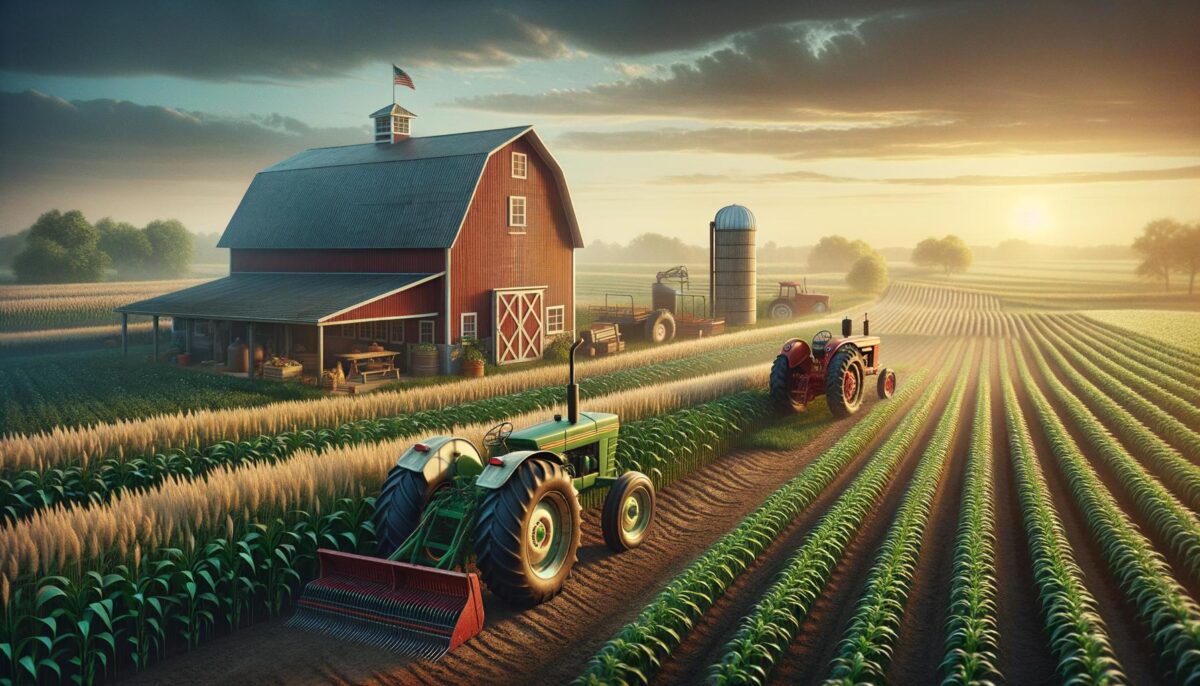The Importance of Farming Jobs
Farming jobs play a critical role in sustaining global food supplies and maintaining healthy ecosystems. These roles are not just about planting seeds and harvesting crops; they involve managing complex systems that include soil health, crop variety, and livestock well-being. With the global population steadily increasing, the demand for sustainable farming practices is higher than ever. This need creates numerous opportunities for those interested in agriculture, as new technologies and methods are continuously being developed to increase efficiency and reduce environmental impact.
Individuals working in farming jobs contribute to the production of diverse food sources, including vegetables, fruits, grains, and livestock. Their efforts help stabilize food prices and ensure the availability of high-quality produce year-round. This sector’s importance is evident during global disruptions, such as pandemics or natural disasters, where local producers prove vital in sustaining community supply chains.
The Diverse Roles in Farming
Farming careers are incredibly diverse, ranging from hands-on fieldwork to technical and management positions. There’s a wealth of opportunities for those with varying interests and skills. Some common roles include:
- Farm Manager: Overseeing operations to ensure production targets are met.
- Agricultural Technician: Assisting with plant breeding and crop experiments.
- Livestock Handler: Managing animal health and welfare.
- Soil Scientist: Analyzing soil conditions and recommending amendments.
- Equipment Operator: Managing farm machinery for tasks such as planting and harvesting.
Advancements in technology have also led to emerging roles within the industry. Data analysts and technology specialists, for example, are essential in integrating smart farming technologies that enhance productivity and resource management. These roles demonstrate that there’s a place for everyone in agriculture, regardless of whether they prefer working in the fields or behind a computer.
Skills and Attributes for Success
Success in farming jobs often requires a diverse skill set and certain personal attributes. Some critical skills and qualities that can be beneficial include:
- Adaptability: Conditions in farming can change rapidly, requiring quick thinking and problem-solving abilities.
- Physical Stamina: Many farm tasks are physically demanding, necessitating a good level of fitness.
- Knowledge of Agriculture: Understanding plant and animal science is crucial to effectively managing a farm.
- Technological Aptitude: Familiarity with agricultural technologies such as GPS systems and precision equipment is increasingly important.
- Leadership and Teamwork: Ability to lead a team and work collaboratively ensures smooth operations and productivity.
Building these skills often comes from a combination of formal education in agricultural sciences and hands-on experience.
Challenges in the Farming Industry
Working in farming jobs comes with its set of unique challenges. Farmers frequently deal with unpredictable variables such as weather, pests, and market fluctuations, all of which can impact productivity and income. Additionally, there’s a constant pressure to adapt to climate change and regulatory requirements aimed at sustainable practices.
To mitigate these challenges, farmers and agricultural professionals often rely on innovation and technology. For instance, the use of drones for crop monitoring and AI systems for predictive farming solutions are becoming standard practices, helping to minimize risks and optimize yields. Additionally, there is an increasing focus on economic sustainability, ensuring that farming practices remain viable for future generations.
The Future of Farming Careers
The future of farming jobs looks promising, with an emphasis on sustainability and technological advancement paving the way for new opportunities. Environmental stewardship and the adoption of green practices are becoming core components of modern farming, attracting individuals passionate about conservation and sustainable development. This trend is expected to continue, with an increased focus on organic farming, bioengineering, and other innovative practices.
Moreover, initiatives supporting local farming and farm-to-table movements are gaining momentum, encouraging more people to pursue careers in agriculture. These efforts not only benefit the environment but also support local economies and promote healthier eating habits.
Conclusion
Farming jobs offer a fulfilling career path for those who enjoy working with nature and contributing to society’s essential needs. With a wide range of roles and opportunities for advancement, farming is a sector that welcomes individuals from various backgrounds and skill sets. The ongoing evolution in agriculture promises an exciting future filled with potential for growth and innovation, making it a strong career choice for anyone interested in making a positive impact on the world.
